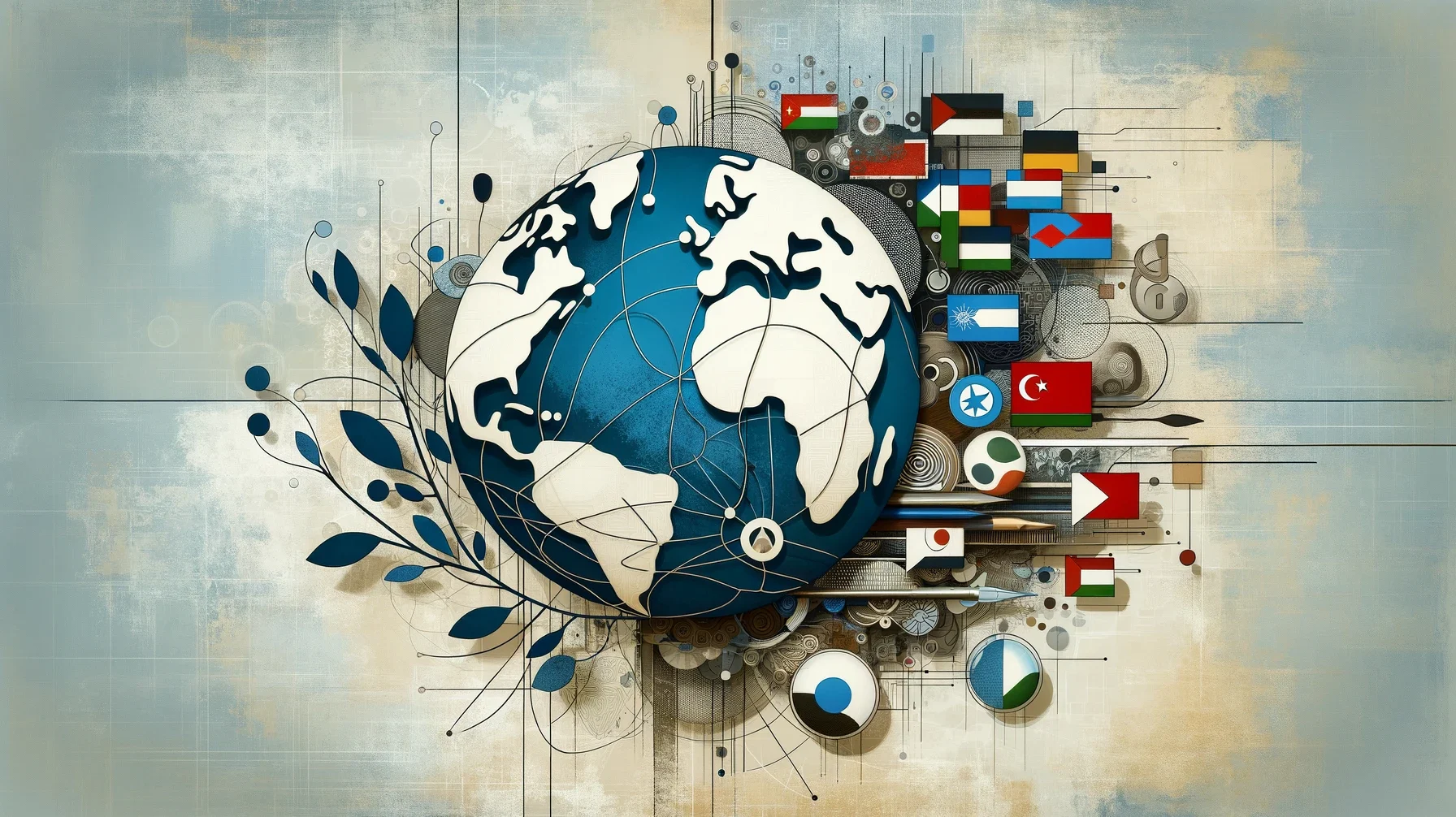The Kingdom of Saudi Arabia Is Moving at a Rapid Pace Toward Normalization
Al-Youm Al-Thaamin, Yemen, September 26
Saudi Arabia is swiftly advancing toward normalization with Israel, with the recent opening of its airspace to Israeli aircraft. Furthermore, Gulf ports and Saudi infrastructure transfer goods to the ports of occupied Palestine, resulting in gains for the Zionist entity and granting it a strategic advantage. Israeli Foreign Minister Eli Cohen recently suggested that the framework for establishing relations between Israel, Saudi Arabia, and the United States might be completed by the start of next year, with talks between the parties making steady progress. Additionally, Prime Minister Netanyahu stated that there would be no issue between Israel and the Arab countries upon normalization with Saudi Arabia. Crown Prince Mohammed bin Salman also shared with Fox News that his nation is moving closer to normalization with Israel. It appears that Saudi Arabia has been taking various initiatives to solve the Palestinian problem since King Fahd Ibn Abdul Aziz’s Fez Declaration was released in the early 1980s, which culminated in the Beirut Conference’s call for land for peace. However, the Zionists have refused to accept this framework and have continued to Judaize the West Bank and Jerusalem with accelerated settlement efforts, now making the two-state solution unattainable. In his speech, the crown prince spoke of nuclear weapons, addressing his belief that countries should not possess such destructive forces. But he also warned that should Iran acquire a nuclear weapon, Saudi Arabia would be obliged to match it, as Israel has already possessed nuclear weapons for decades, and the International Atomic Energy Agency has been prevented from inspecting its Dimona reactor. This raises a pertinent question: why has Saudi Arabia refrained from developing similar weapons during the past decades? Does this not constitute an existential threat to the kingdom and the Arab world? Or is it the potential acquisition of such weapons by Iran that is the primary source of concern? Perhaps nuclear weapons will not be deployed by any nation that holds them, instead serving as a deterrent. Given this reality, what is the purpose of Saudi Arabia suggesting it will acquire such weapons? Wouldn’t it be more economically beneficial for them to invest this money in profitable projects instead? Do you know what has inhibited, and what continues to inhibit, the Gulf nations, particularly Saudi Arabia, from establishing their own military industries? They have both the resources and the capacity to do so; they simply need to court experts in various fields from other nations and, in doing so, attain a certain status and prestige within the Arab world. How long will Saudi Arabia and its neighboring countries continue to shell out billions of dollars in hard currency to purchase weapons abroad? In recent years, America’s relationship with the Gulf countries has been strained, with President Trump openly demanding the Gulf states pay for the assistance of the United States. Despite his attitude, we believed that Saudi Arabia’s pivot toward China and Russia was a response to Western disdain. It soon became evident, though, that the change of course was just a fleeting display of resentment. Thankfully, America quickly corrected its attitude and the situation returned to normal. It is undeniable that the Palestinian Authority’s normalization of ties through the Oslo Accords, accompanying security coordination with the occupying power and tacit acceptance of normalization, has given some Arab and African regimes a pretext to break off their ties with the illegal state of Israel established on Palestinian land, which has caused nothing but hardship and subjugation to an oppressed people. Unfortunately, dispatching some Palestinian Authority officials to Saudi Arabia in the hope of gaining something before normalization is futile. The Palestinians must cut all ties to these humiliating agreements and put their faith in their people to liberate their occupied land. Overturning the two-state solution is their only hope; the only outcome of further stalling is the usurpation of more and more Palestinian land. The Abraham Accords, which began in the early months of 2020, have been a boon for the arms industry in the region. In the past year, sales of Israeli arms to Arab and African countries have grown by more than 30%. With the number of conflicts around the world increasing, many governments are allocating a large portion of their budget toward military resources. This leads to a dangerous cycle of violence and hostility between people and nations, not only diminishing their sovereignty but leading to lasting devastation and loss. —Omar al-Mazoghi (translated by Asaf Zilberfarb)


